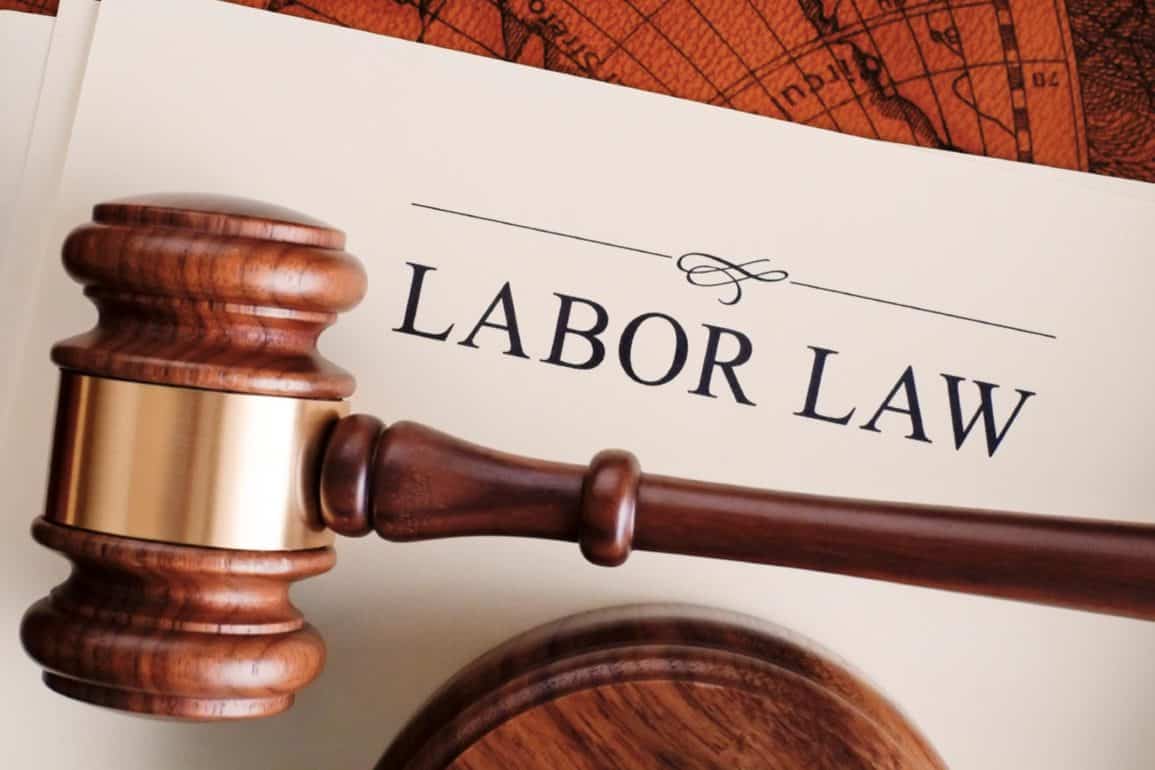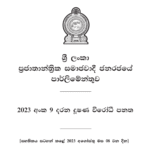Case Title: R. Chandrasena vs. The Monetary Board, Central Bank of Sri Lanka
Court: Supreme Court of Sri Lanka
Case Number: SC Appeal No. 148/2012
Decision Date: 21 September 2020
Background
This case concerns a dispute arising from the termination of Mr. R. Chandrasena’s employment by the Monetary Board of the Central Bank of Sri Lanka. The applicant alleged unjust termination and sought relief through the Labour Tribunal. After a series of legal proceedings, including domestic inquiries and appeals to the High Court, the case reached the Supreme Court.
Facts of the Case
- Employment History:
- The applicant joined the Central Bank in 1969 and held the position of Senior Analyst Programmer at the time of termination.
- Allegations:
- The applicant was accused of fraudulently crediting Rs. 10,000 to his account through unauthorized changes in the payroll system for February and March 2000.
- Disciplinary Actions:
- Following a domestic inquiry, the applicant was initially exonerated. A reopened inquiry found him guilty of misconduct, leading to his termination in 2002.
- Labour Tribunal Decision:
- The tribunal upheld the termination, deeming it justified based on the evidence.
- High Court Ruling:
- Overturned the tribunal’s decision, ruling the termination wrongful and awarding the applicant compensation, salary arrears, and pension rights.
- Supreme Court Review:
- Focused on whether the High Court erred in its reliance on domestic inquiry evidence and its assessment of the Labour Tribunal’s findings.
Legal Issues
- Reliance on Domestic Inquiry Evidence:
- Whether the High Court wrongly placed excessive weight on domestic inquiry findings instead of evaluating the Labour Tribunal’s independent assessment.
- Scope of High Court Review:
- Whether the High Court exceeded its appellate jurisdiction by reassessing factual findings rather than limiting its review to questions of law.
- Appropriateness of Relief:
- Whether the relief granted by the High Court was consistent with the findings and evidence.
Supreme Court Findings
- Reliance on Domestic Inquiry Evidence:
- The Labour Tribunal’s role is distinct from that of a domestic inquirer and must independently evaluate evidence presented before it.
- The High Court erred by prioritizing the domestic inquiry’s procedural fairness and findings over the Labour Tribunal’s substantive evaluation.
- Scope of High Court Review:
- Under Section 31D(2) of the Industrial Disputes Act, appellate review is confined to legal questions.
- The High Court exceeded its jurisdiction by re-evaluating factual determinations made by the Labour Tribunal.
- Relief Granted:
- The High Court’s relief was based on an erroneous conclusion of wrongful termination. The Supreme Court found no basis to support the compensation awarded.
Decision
The Supreme Court ruled in favor of the Monetary Board, setting aside the High Court judgment and affirming the Labour Tribunal’s decision. Key points include:
- The High Court misapplied its appellate jurisdiction.
- The Labour Tribunal’s findings were consistent with the evidence and the law.
- Relief granted by the High Court was unwarranted.
The Supreme Court allowed the appeal and confirmed the applicant’s termination as justified. No costs were awarded.
Key Takeaways
- Jurisdictional Limits:
- Appellate courts must respect the fact-finding authority of specialized tribunals and limit their intervention to legal questions.
- Role of Domestic Inquiries:
- Evidence from domestic inquiries can supplement but not substitute the independent inquiry required by Labour Tribunals.
- Fair Process vs. Substantive Review:
- Procedural fairness in domestic inquiries is important but does not automatically dictate tribunal outcomes.
Implications
This judgment reaffirms the importance of the Labour Tribunal’s autonomous decision-making process and restricts appellate courts from overstepping their review boundaries. Employers and employees must recognize the nuanced relationship between domestic inquiries and tribunal proceedings when addressing workplace disputes.
Download Full Judgement














